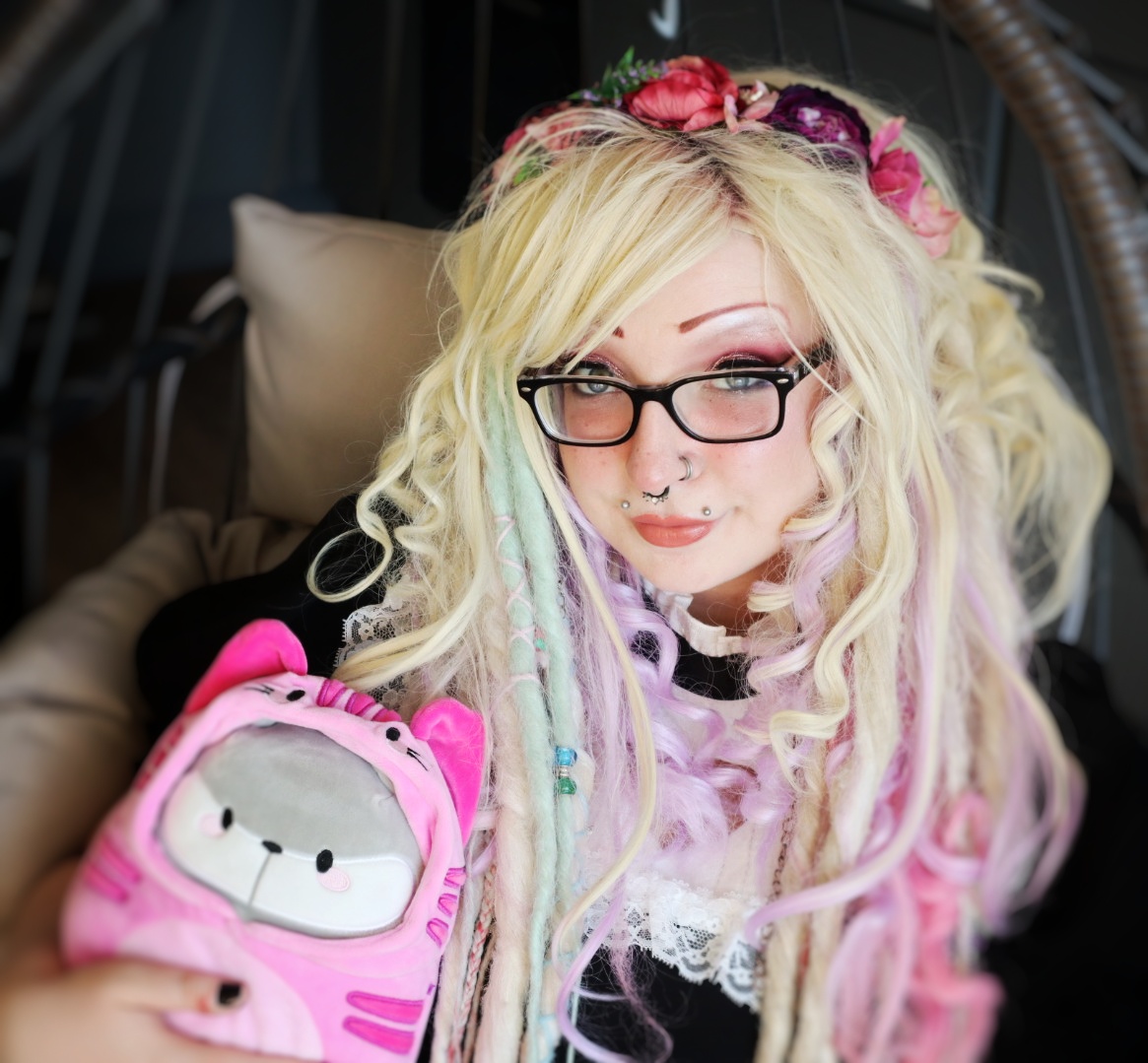Hello my name is Lucy and I am happy to go by any pronouns. I prefer they/them in a professional context.
I am a front-end developer and I like to build websites. Sometimes I do crafty things like make clothes.
You can contact me on site@lucym.dev. You can tell me something interesting, give me feedback on my website, or tell me it's broken. Hopefully not the latter.
